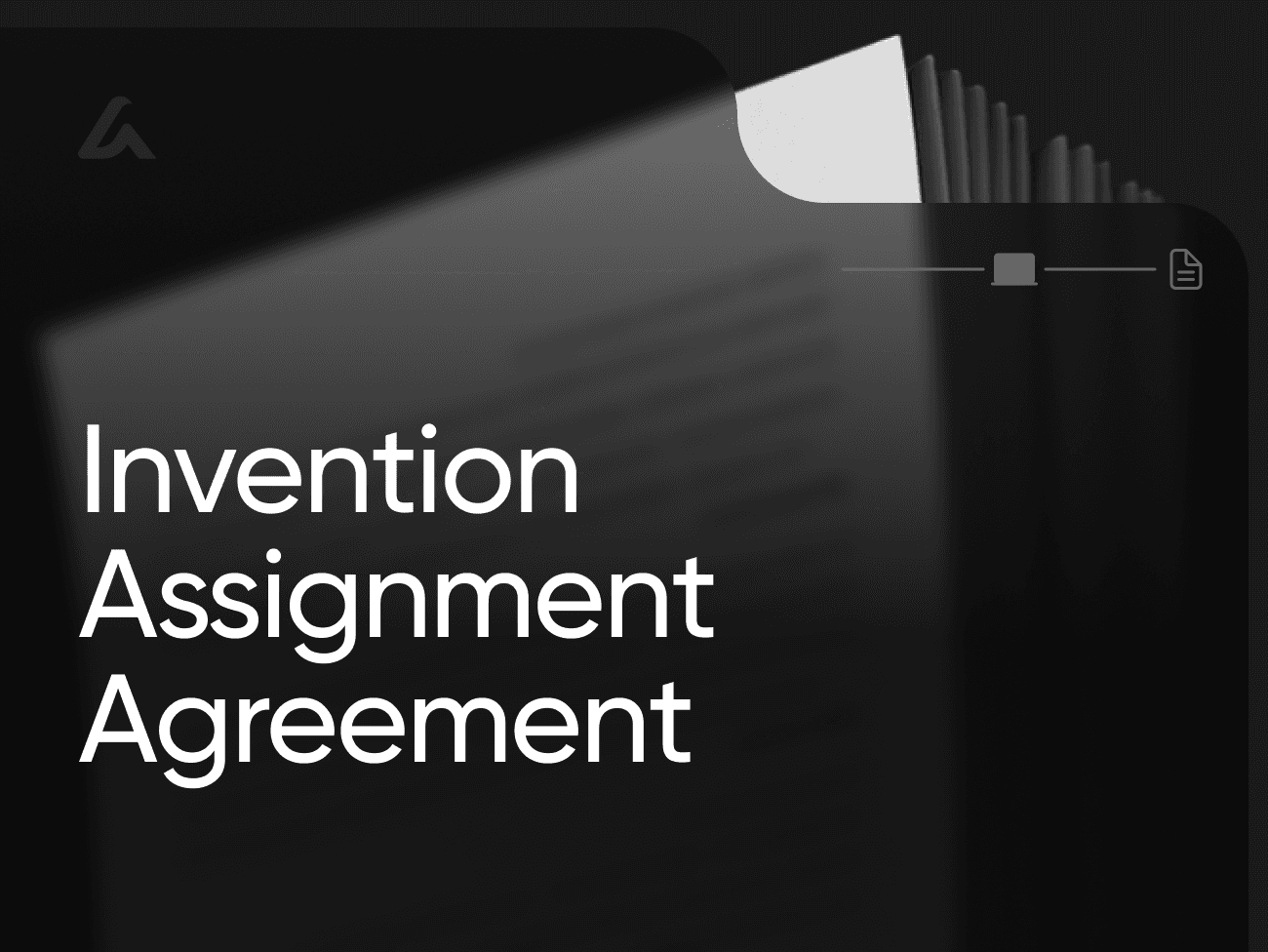AI Lawyer Blog
Legal AI in Law Firms Today: Adoption, Risks & Compliance Guide

Greg Mitchell | Legal consultant at AI Lawyer
3
1. From Skepticism to Integration: The Evolving Role of AI in Legal Work
The introduction of artificial intelligence (AI) into the legal field marks a cautious yet fascinating shift, reflecting the profession's conservative nature. Lawyers, traditionally cautious and committed to established practices, exhibit both interest and skepticism towards new technologies such as AI. A notable example of this cautious adoption is the experience of Steven Schwartz, a personal injury lawyer at Levidow, Levidow & Oberman in New York. Schwartz utilized ChatGPT, an AI chatbot, to draft a court motion, which illustrates the potential risks associated with rapid integration of AI tools in legal work. His reliance on the AI resulted in a document that included fictitious cases and rulings, highlighting the critical need for careful evaluation of AI-generated content in legal applications. This example underscores the significance of due diligence in the application of AI in legal tasks.

Peter LoDuca, left, and Steven Schwartz landed in trouble after submitting a computer-generated brief that was a mélange of fact and fiction.Credit...Jefferson Siegel for The New York Times
Source: nytimes.com
The incident with Schwartz highlights not the failure of AI but the necessity of lawyerly oversight in reviewing AI-generated legal content. AI in law is emerging not as a mere trend but as a transformative tool that could significantly change law practice and firm economics, presenting both opportunities and risks.
A Goldman Sachs report estimates that 44% of legal tasks could be automated by AI, suggesting a potential for efficiency gains in document review and other areas. However, this automation comes with challenges, particularly in ensuring accuracy and reliability in sensitive legal contexts.
Generative AI systems, like ChatGPT, introduce capabilities beyond simple data extraction, including content generation and context interpretation in legal documents. Innovations such as CoCounsel and Harvey by Allen & Overy showcase the potential of generative AI to enhance legal research with more nuanced, context-aware solutions. AI Lawyer further exemplifies the application of AI in legal practice, offering services like document creation, summarization, and comprehensive research, underscoring AI's role as a versatile tool for legal professionals.
You Might Also Like:
2. Legal AI: Transforming Litigation Dynamics
Artificial intelligence (AI) is transforming the legal sector by enabling efficient document processing in large-scale litigation. Traditionally, the domain of major law firms, this task required extensive manpower for document review. Now, litigation-preparation AI tools are democratizing this process, allowing smaller firms and solo practitioners to compete effectively. As noted by Lawrence Lessig of Harvard Law School, these advancements empower smaller entities, enhancing the accessibility and efficiency of legal services by reducing dependence on large teams.

Simplified guidance using cues in AI Legal Assistant
3. AI and the Economics of Law Firms
The introduction of artificial intelligence (AI) into the legal profession is prompting significant changes in the economic structures of law firms. Richard Susskind highlights that law firms traditionally profit from the difference between junior lawyers' salaries and the fees charged to clients. However, with AI performing tasks quicker and reducing the need for large numbers of junior lawyers, law firms are reconsidering their billing models. Stephen Wu suggests alternatives such as fixed-rate billing or a "technology fee" to account for AI's contributions to legal services.
AI's capacity to streamline processes also affects the structure of the legal workforce. Lawrence Lessig notes that AI's rapid task execution could lower the global need for lawyers, transforming weeks-long tasks into matters of seconds. This streamlining could balance the associate-to-partner ratio within law firms, diverging from traditional norms, though the shift might be gradual.
Additionally, AI broadens access to legal services, potentially making them more affordable and available, particularly for small and medium-sized enterprises. This increased accessibility could ironically lead to a rise in the number of lawyers, as it allows recent graduates to more feasibly start their practices, analogous to how ATMs unexpectedly increased employment in banking.
Ultimately, the integration of AI in legal services seeks to serve clients better by solving their problems more swiftly and accessibly. This movement towards AI reflects a significant evolution similar to the adoption of software for tasks like tax preparation, signifying a crucial step towards more streamlined and accessible legal services.
Sources and References
Discussion of early missteps in legal AI adoption and the need for lawyerly oversight draws on the U.S. District Court’s sanctions opinion in Mata v. Avianca, Inc. and contemporaneous reporting on New York lawyers sanctioned for submitting AI-fabricated case citations, including Reuters’ coverage of the Schwartz and LoDuca matter and subsequent professional commentary on lessons from the case. Estimates that a substantial share of legal tasks may be automated and the resulting implications for law firm workflows and junior-lawyer work are grounded in Goldman Sachs’ analysis as summarized by PwC’s overview of AI for lawyers and the International Bar Association’s discussion of whether AI will “take our jobs,” alongside vendor materials on enterprise-grade legal AI tools such as Thomson Reuters’ CoCounsel generative AI assistant and Allen & Overy’s launch partnership with Harvey. Analysis of how AI is reshaping law-firm economics and litigation dynamics is informed by recent commentary on billing models and workforce structures in major firms, including Richard Susskind’s work on AI and the legal profession and reporting on AI’s impact at City firms, as reflected in reviews of his book on thinking about AI in law and coverage of changing associate–partner ratios and AI-driven practice models.



